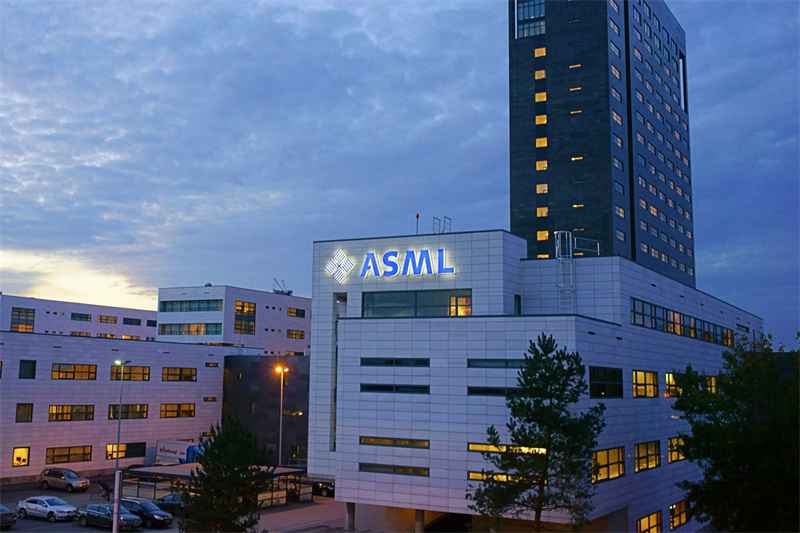A former ASML employee, a 43-year-old Russian engineer, is facing legal action in the Netherlands over allegations of stealing critical trade secrets, including microchip manuals, from ASML Holding NV, the world's leading producer of advanced chip-manufacturing equipment. The engineer is set to appear in a Rotterdam court amidst charges of sanctions violations and potential espionage.
The Dutch Ministry of Asylum and Migration has imposed a rare 20-year entry ban on the accused, citing national security concerns. Such prohibitions are typically reserved for severe cases involving state security threats, underscoring the gravity of the allegations.
ASML, whose cutting-edge EUV photolithography machines are crucial for fabricating sub-5nm chips used in AI, military equipment, and electric vehicles, has been a repeated target of technological espionage. The Russian engineer, formerly employed by Mapper Lithography BV—acquired by ASML in 2019 after Mapper's bankruptcy—is suspected of selling stolen documents to entities aiming to enhance chip production in Russia, reportedly earning tens of thousands of Euros.
ASML acknowledged the lawsuit and confirmed filing a report. “We are aware of the lawsuit against a former Mapper and ASML employee. In accordance with our policy, we have also filed a report ourselves. We will not comment further during the lawsuit,” said Monique Mols, ASML's spokesperson.

This case is the latest in a series of espionage attempts targeting ASML. Last year, a former Chinese employee was accused of stealing chip-related data from ASML's software systems before joining Huawei Technologies. Additionally, ASML previously alleged that Dongfang Jingyuan Electron Ltd, a Chinese company, obtained its technology and shared it within China and the US. In one instance, an engineer reportedly stole two million lines of source code, sharing portions with Dongfang and a related US-based entity.

Russia, under international sanctions following its invasion of Ukraine, is struggling to advance its semiconductor capabilities. Currently limited to 65nm chip production, the country has announced ambitions to develop 7nm lithography technology by 2028, a feat that parallels China's sanctioned efforts to achieve sub-5nm production without access to EUV technology.
The engineer remains in custody in the Netherlands, with his court appearance marking the start of legal proceedings that may reveal further details about the case. Technological espionage continues to be a pressing issue for leading chipmakers, as geopolitical tensions and trade restrictions drive heightened interest in semiconductor intellectual property.
+86 191 9627 2716
+86 181 7379 0595
8:30 a.m. to 5:30 p.m., Monday to Friday
